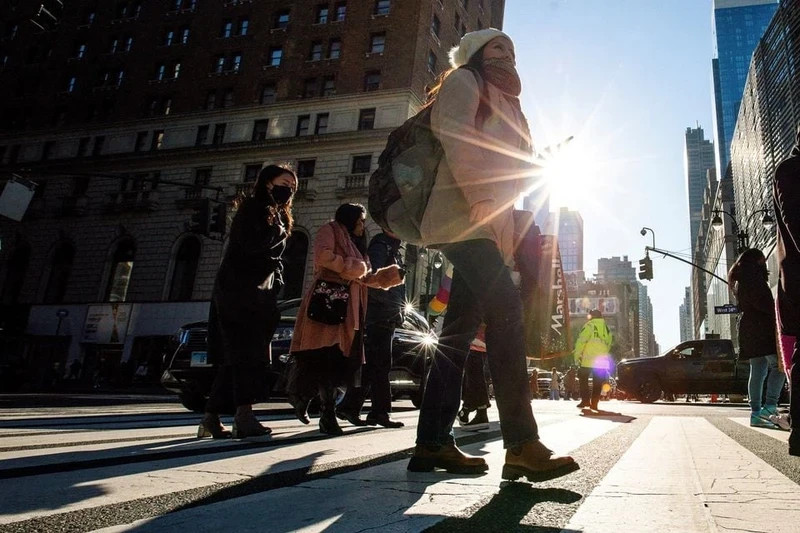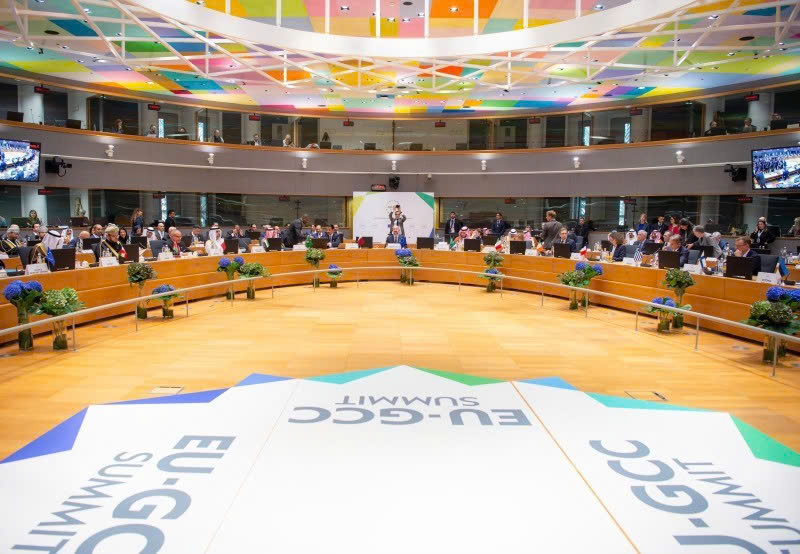The world economy has shown remarkable resilience after continuously suffering shocks due to the COVID-19 pandemic, the conflict in Ukraine and supply chain disruptions. All of these factors have led to record high inflation and the highest interest rate hike in decades. However, the economies around the world have adapted better than expected.
According to Fitch Ratings' global index, in the third quarter of 2023, the world’s gross domestic product was 9% higher than the level before the COVID-19 pandemic. Businesses have adjusted their logistics systems, Europe has reduced its dependence on gas supplies from Russia, and rising interest rates have not led to a sudden increase in unemployment. This endurance has provided a solid foundation for the new year.
The tough fight against inflation has witnessed certain successes as the inflation index is decreasing rapidly. Supply chain shocks during the pandemic have also eased. Services inflation remains high, but it is due to a stable job market and rapid growth of wage.
Concerns about a monetary policy cycle under the ‘Table Mountain’ style (interest rates rise and remain at peak levels for a long time, like the flat-topped mountain in Cape Town, South Africa) have been gradually eased. Major central banks are now likely to cut interest rates as early as 2024, earlier than expected. This is good news for many households and businesses.
The world also witnessed a financial market boom as Wall Street's leading indexes neared or exceeded record highs in December. The bond market also ended the year strongly. The chances of a soft landing for the US economy have increased thanks to the US Federal Reserve's (FED)’s success in controlling inflation without causing a recession.
Chair of the White House Council of Economic Advisers Jared Bernstein said higher consumer spending during the holidays, the increase of real wages over the past 9 months and consumers’ skyrocketed confidence signalled a good start for the US economy for 2024.
According to forecasts by the Organisation for Economic Cooperation and Development (OECD), the global economy was expected to grow by 3% in 2023, slightly higher than the forecast of 2.75% by BDI in the summer, mainly thanks to the US growth of 2.25%. Japan is also predicted to grow by 1.7%.
Among the major emerging economies, Brazil could grow by 3%, India by more than 6% and Russia by 2% thanks to good weather and bumper harvests in Brazil and rising oil prices. The UK is expected to avoid recession and grow at 0.5%.
Although not all economies are expected to grow well, many are promising. India, Mexico and Vietnam are benefiting from the changes of trade patterns and investors expect to increase investments in these markets in the coming year. The central banks in many developing countries are also at the forefront of controlling inflation. Those are the motivations for the optimism about the global economic outlook.
Despite signs of optimism, the global economy still faces geopolitical risks, including conflicts, which have the potential to disrupt grain markets and push inflation back up.
The global economy is forecast to face challenges in 2024, including general elections and increasing public debt in many countries. However, after the perseverance and resilience to overcome difficulties in 2023, there is still a chance for the world economy to develop better than expected.
Source: NDO













